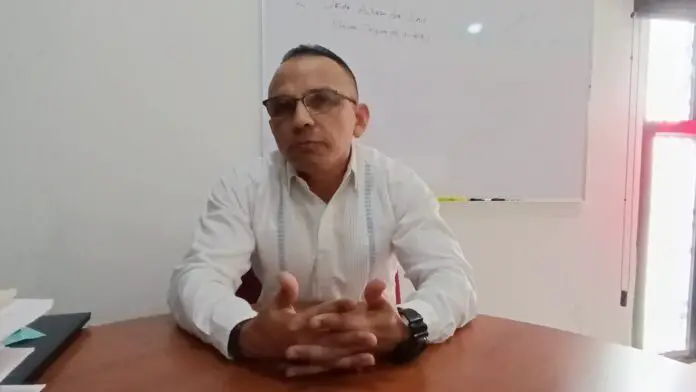Former and current electoral public servants in Campeche are being investigated for embezzlement due to the alleged misappropriation of resources at the Electoral Institute of the State of Campeche (IEEC). Loreto Verdejo Villacís, the Anti-Corruption Prosecutor of Campeche, confirmed that several individuals have sought legal protection from these criminal investigations.
Although specific details of the investigations were not disclosed, Verdejo Villacís emphasized that those under investigation are individuals who have held or currently hold decision-making and administrative responsibilities within the IEEC. This includes electoral counselors and administrative personnel, particularly those involved in vital commissions such as the Commission of Prerogatives.
Verdejo Villacís stated that the investigation is still in the integration phase but did not rule out the possibility of criminal action against those found responsible for failing the people of Campeche. He assured that seeking legal protection does not exempt the alleged perpetrators from appearing before the Control Judge and urged patience as the ministerial and expert proceedings continue.
He highlighted that the right to seek legal protection is available to all citizens and does not imply impunity. “Several individuals have sought protection. We will be cautious in not disclosing the exact number to protect human rights, but they have exercised that right,” he said.
Verdejo Villacís explained that the Public Prosecutor’s Office must be agile and timely in issuing arrest warrants or other forms of criminal proceedings, such as summonses before a Control Judge. “We are working correctly and prudently to ensure that those responsible are held accountable to the people of Campeche,” he added.
The investigation primarily focuses on embezzlement, which involves the diversion of resources and the repair of damages. “Embezzlement clearly implies the diversion of resources and the need for damage repair. We have corruption-related crimes that require damage repair, but there are also crimes related to the administration of public resources that do not necessarily involve damage repair,” Verdejo Villacís concluded.
Source: Cambio 22






